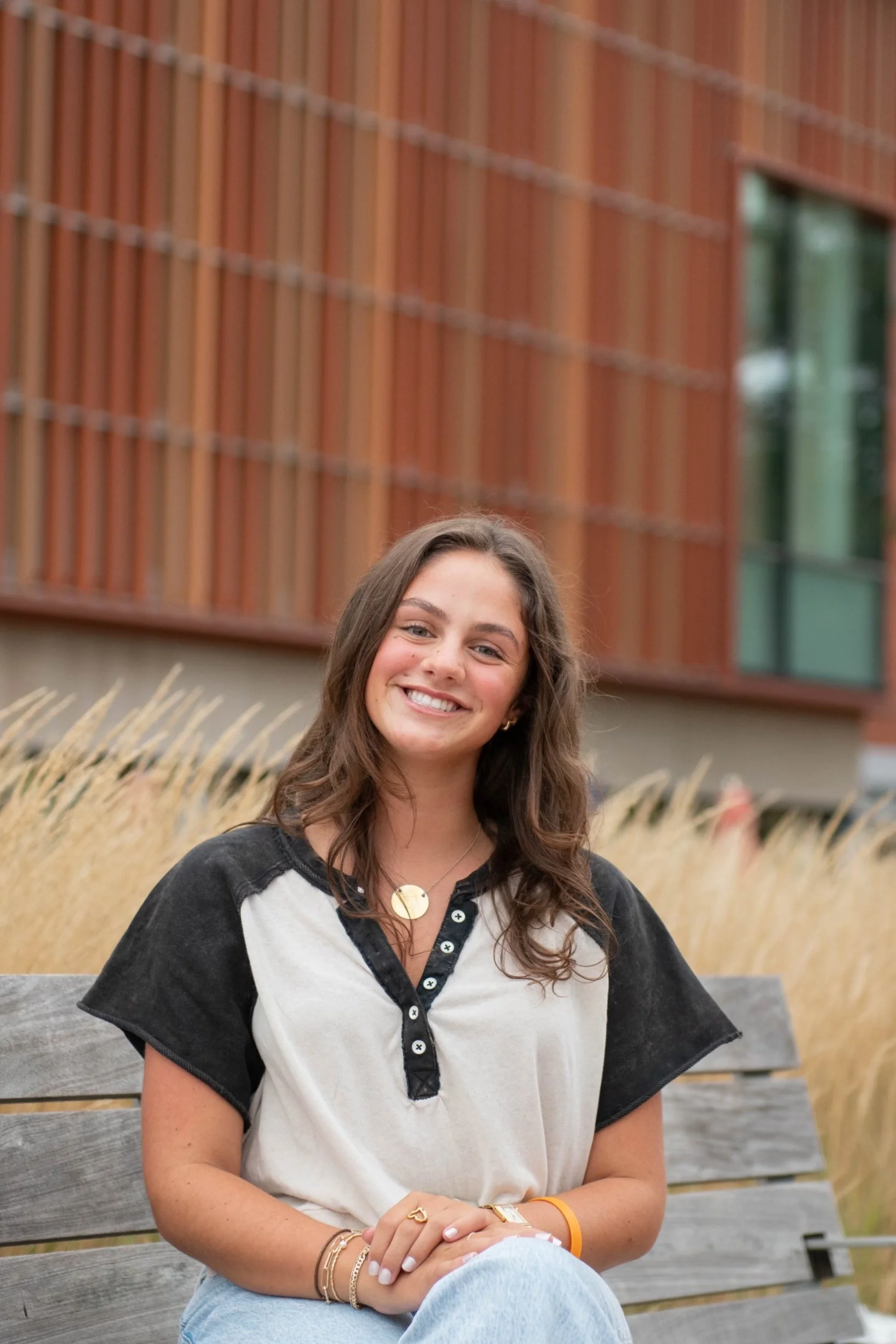Jane D.
Photography by Mason Schlopy
If you’re reading this, grief has no set timeline.
My friend Blake who I had known since I was 10 years old passed away suddenly in the fall of my senior year of high school. The week between his death and his funeral is still a blur to me. Everyone was upset, shocked, and in a haze.
It was after the funeral that my grieving process began and I started to look at the people around me. Am I crying enough? Are they not crying enough? Am I moving on too fast? Am I ever going to be able to move on from this? I was constantly studying how the people around me were handling the situation and comparing it to myself. I know that everyone grieves differently, and that everyone is on a different path, which I told myself daily for months, but I still didn't let myself believe it.
In the weeks following the funeral, I would go back and forth telling myself I was grieving too much and I wasn’t grieving enough. If one day, I was randomly upset and thinking about him a lot, I would wonder why the people around me weren’t also upset and I would tell myself I needed to get it together and begin to move on. But on the other hand, if someone randomly posted a picture of Blake because they were thinking about him that day, I would tell myself that I was doing a “better” job of grieving than they were. I felt horrible about myself for having these kinds of mean thoughts running through my head, but I couldn’t help it. I was overanalyzing and studying every single person who knew Blake and the way they handled the situation to see if I was doing it “correctly.”
I had begun criticizing others, closely monitoring their grieving process and comparing it to my own level of "correctness"; judging those who didn't meet my standards. While I was thinking all of these things, I was still constantly telling myself, that everyone is allowed to grieve differently, and even though I truly believe that, I still couldn’t get it in the forefront of my mind.
It's now been almost two years since Blake's death and I still think about him every single day. But instead of thinking about his funeral, and how I reacted to the situation, I just think about the happy memories I have with him.
In hindsight, I was so critical of the people around me, because I didn’t want to process my own feelings, and it was so much easier and less painful to think about other people's grieving processes than it was to focus on my own.
People always say grief takes time, but there is no set time. As I continue to navigate the aftermath of losing my friend, I have learned each person's grief journey is unique, and it's okay to experience ups and downs. Grief comes in waves of emotions, and it's essential to be gentle with ourselves and others during this process. On the challenging days, I try to offer compassion, not just to myself but also to the people around me who knew him. Instead of judging their reactions, I recognize that we all cope differently and I take time to be happy that so many people loved him and take the time to remember and honor his legacy.
Jane D., Syracuse University
Connect With Us
To follow IfYoureReadingThis at Syracuse on Instagram, get in touch with our chapter, and learn about more resources available to Syracuse students, visit our chapter’s homepage.
AUTHOR CONTACT
This author has opted to allow readers who resonate with their story to contact them. If you would like to speak to the author of this letter about their experience, please use the form below.

